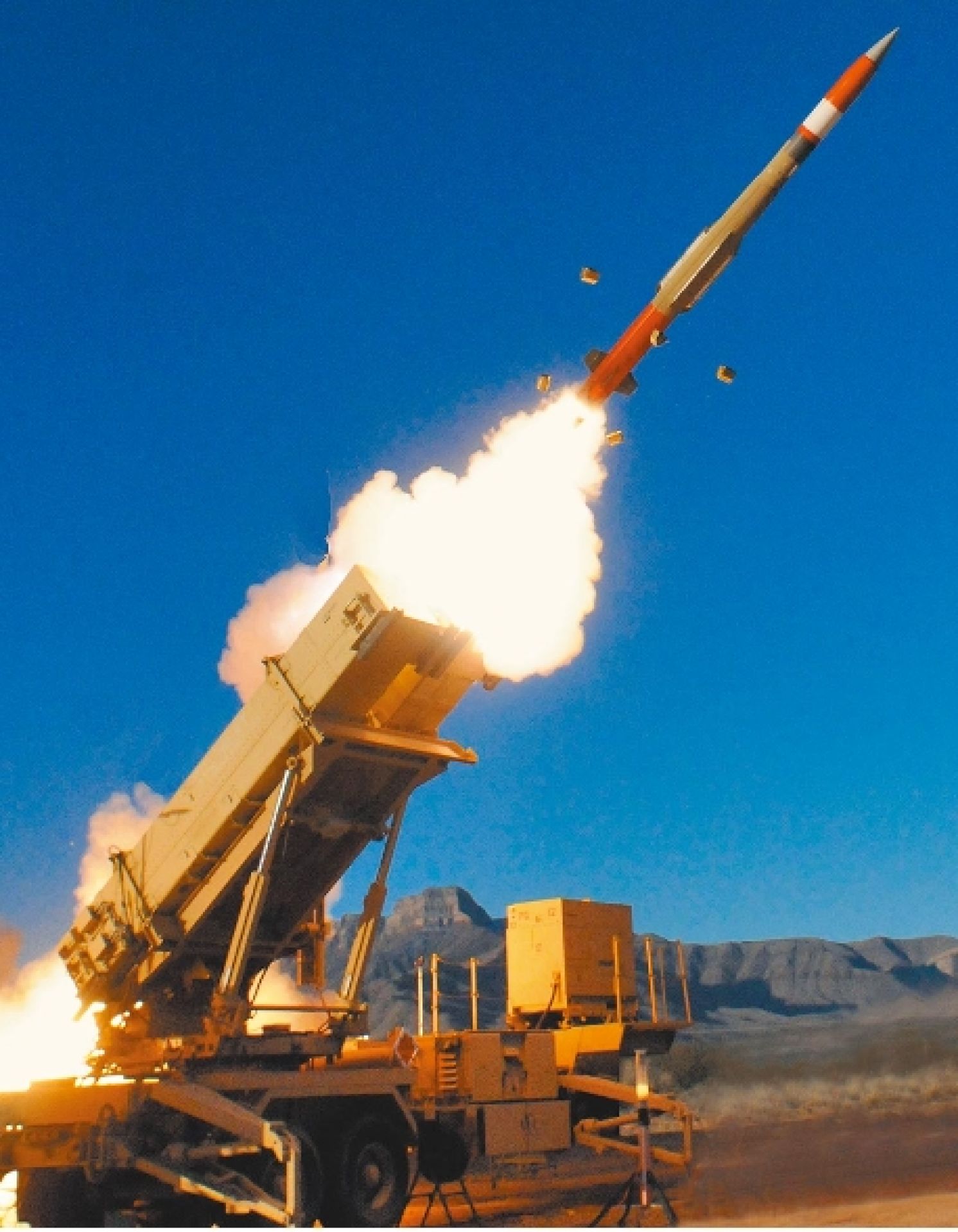
This Week in Taiwan 1204-1210
December 6: The Taiwan Semiconductor Manufacturing Company (TSMC) held a tool-in ceremony at its new fab in Arizona. President Joe Biden attended the event and delivered remarks, thanking TSMC for creating 10,000 high-tech jobs and allowing the United States to regain its leading position in global chip manufacturing.
TSMC announced that it will increase investment to build a second fab, which is expected to mass produce 3-nanometer process technology by 2026. The total investment increased from $12 billion to $40 billion, the largest case of foreign direct investment in Arizona's history.
In response to the question of "de-Taiwanization" of semiconductors, Chief Executive Officer C. C. Wei of TSMC stated that it is impossible.
December 6: The United States Department of State notified the Congress that it intends to upgrade its arms sale to Taiwan to include 100 sets of Patriot 3 Extended Range Missiles (PAC-3 MSE), as well as radar and support equipment, with a transaction value of $882 million to help Taiwan defend against regional threats. The latest model in the sale package is the latest model of the Patriot air defense missile system, more advanced than Taiwan's current Patriot 3 system, and has a range increase of 50 percent.
December 6: Dutch manufacturer ASML decided to increase investment in Taiwan. It is planning to build a new factory in the Linkou Industrial Park in New Taipei, the company's largest investment in Taiwan, and construction is expected to begin July next year. Vice Premier Shen Jong-chin stated that ASML also plans to bring to European supply chain to Taiwan. In the past, ASML equipment was assembled in the Netherlands. In recent years, with TSMC's increased procurement of electrode ultraviolet (EUV) equipment, TSMC has become ASML's largest EUV equipment customer, so TSML would like to transfer assembly in Taiwan.
December 6: You Chi-bin, a member of the New Party, exposed that when Director-General Chen Ming-tong of the National Security Bureau was a professor at the Graduate Institute of National Development, National Taiwan University (NTU), Chen provided an identical document to nine students to compose their thesis papers, the contents of which are largely similar. You will not announce the names of the "nine twins" for the time being. If necessary, or if Chen insists on not admitting his mistake, You will announce the names one by one and report plagiarism to NTU.
December 7: The Central Standing Committee of the ruling Democratic Progressive Party (DPP) adopted a so-called anti-black gold clause to combat corrupt and violent underworld politics. The measure mandates that in local council elections, the party's caucuses and councilors are not to support candidates with "black gold" backgrounds. However, internal strife broke out even before the Tainan speaker election. DPP Legislator Chen Ting-fei publicly questioned why the 88-gunshot incident that occurred in Tainan before the election has not been resolved and hinted that certain individuals with black gold backgrounds are well-acquainted with contenders for speaker and deputy speaker. Kao Chai-chin, the member of the DPP's Central Standing Committee insinuated, retaliated with a statement that Chen is merely creating an excuse for friendly councilors voting against the party line in the upcoming speaker election.
December 8: Thirteen (13) days after the DPP's defeat, Vice President William Lai, who once claimed to be a "pragmatic Taiwan independence worker," announced on Facebook that he had reported to President Tsai Ing-wen his decision to run in the by-election for DPP chairman. Factions within the party extended nearly unanimous support. According to critics, attention should be paid to whether Lai will make President Tsai an early lame duck.
December 8: The U.S. House of Representatives passed the National Defense Authorization Act (NDAA) for fiscal year 2023, which includes authorizing $10 billion in military aid to Taiwan over five years and seeks to accelerate arms sales to Taiwan. Beijing immediately condemned the legislation and demanded that Washington abide by the "One China" principle and related provisions under the Three Communiqués.
December 9: Following the announcement on December 8 to suspend the import of seafood products such as squid, saury, and four-finger threadfin from 178 businesses in Taiwan, China's General Administration of Customs added various well-known Taiwanese products to its import suspension list, including Kinmen Kaoliang liquor, Taiwan beer, Kavalan whisky, and HeySong sarsaparilla (root beer). According to statistics, about 75 percent of products registered in Taiwan for sale in the mainland are banned. Taiwan's Mainland Affairs Council expressed solemn protest. Spokeswoman Zhu Fenglian of China's Taiwan Affairs Office, State Council, stated that this is a normal food safety supervision measure and hopes that Taiwanese companies will complete the required business registration information as soon as possible. She also urged the authorities in Taiwan to cease political manipulation.